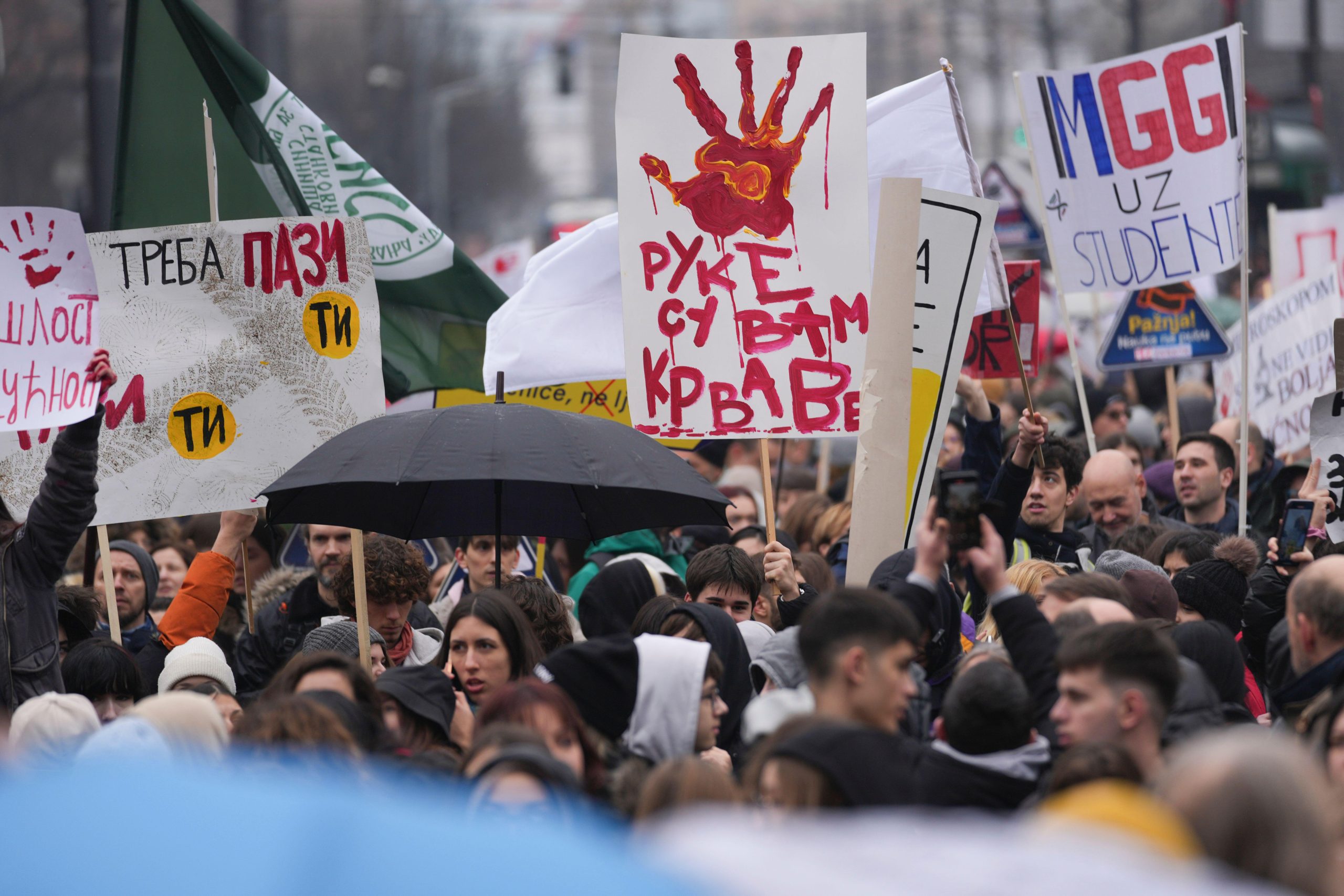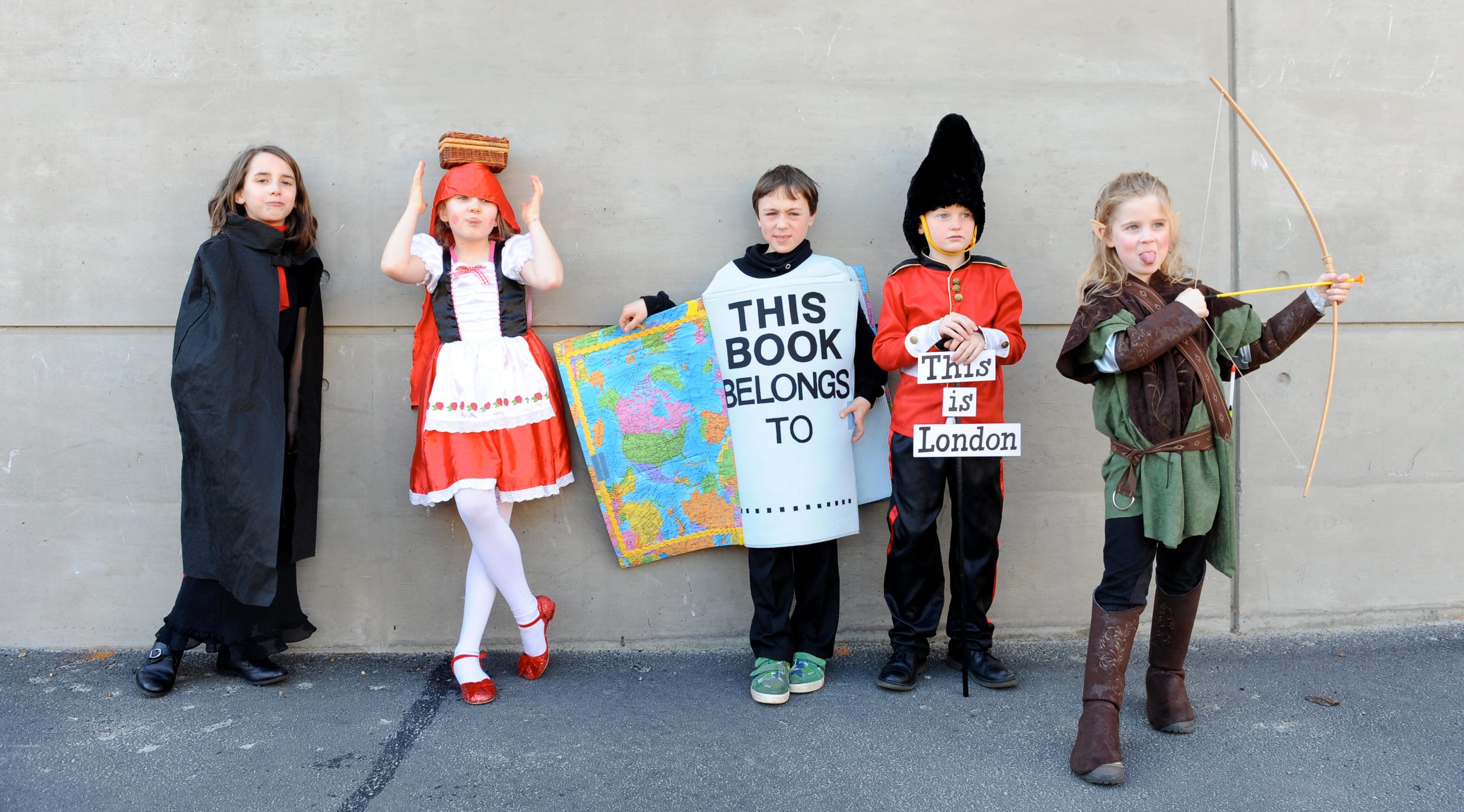Police in Azerbaijan crack down on protests ahead of the Song Contest.
On Thursday afternoon, with barely 48 hours before the world’s most televised non-sporting event is beamed into millions of homes across the continent, an unsanctioned protest outside the offices of a public television channel was swiftly crushed.
The picket, by various opposition groups, was organised to demand increased media plurality in the post-Soviet state. Party officials said around 42 people were detained at the protest outside Ictimai TV, the host broadcaster of the Eurovision Song Contest. Two vice-chairmen of the Musavat party, Tofiq Yaqublu and Gulaga Aslanli, were picked up earlier in the day and two other deputies remained under effective house arrest as police surrounded their homes, preventing them from leaving. All protestors were eventually released and some fined for public disturbance offences.
Razi Nurullayev from the opposition Popular Front Party said: “The public broadcaster has taken commitments before the Council of Europe and the Azerbaijan government has obligations to allow opposition voices to be heard. They do not allow our members to appear on TV and this was the reasons for our demonstration.”
Later in the evening, the bars and cafes of Fountain Square in central Baku were packed with restless fans glued to the second semi-final of the competition, but already footage was circling online of the familiar spectacle of peaceful demonstrators violently suppressed by authorities and herded into buses. One video shows a young girl screaming as she is grabbed by two burly plainclothes policemen and wrestled to the ground.
Police also snatched protesters’ placards reading “public TV, not Ilham TV,” referring to President Ilham Aliyev who has ruled the Caspian state since 2003, following in the footsteps of his father, Heydar Aliyev.
Government spokesman Elman Abdullayev said: “This is normal procedure that happens all around the world. The police were simply trying to ensure the safety of the public, particularly the foreigners that were around. The government has created a lot of opportunity for the opposition to be everywhere and write what they think but at an event like the Eurovision, there is a limit for demonstrations.”
Many were surprised at the timing of the actions taken by the government, as international news coverage of extravagant musical performances and beautiful images of Baku were juxtaposed with images of police clashing with protesters.
The debate over Azerbaijan’s dire human rights record even spilt over into the glitzy confines of Crystal Hall as regime figures condemned the “politicisation” of the event. Responding to Swedish entry Loreen’s meeting with activists earlier in the week, senior presidential official Ali Hasanov implored the EBU to prevent meetings with “anti-Azerbaijani groups”.
The plot thickened further yesterday as video emerged of an interaction between a Reuters journalist and Loreen at an official Eurovision press conference. Broadcast on Ictimai TV, the reporter asked the singer:
“What is your impression after this meeting [with activists] and what can you say about freedoms in this country?”
However, the live translation in Azeri interpreted the question as:
“[The reporter] is asking Loreen how she feels after her performance…”
Meanwhile, in Brussels, the European Parliament adopted a resolution calling for “an immediate stop to all actions aimed at suppressing the freedom of expression and assembly in Azerbaijan.”
Mr Abdullayev added: “We do not accept these accusations. A couple of incidents do not reflect the entire situation of human rights in the country. This is a continuation of a campaign against Azerbaijan and it undermines the European Parliament’s credibility.”
Pictures by Mehman Huseynov, from the Institute for Reporters’ Freedom and Safety (IRFS)







